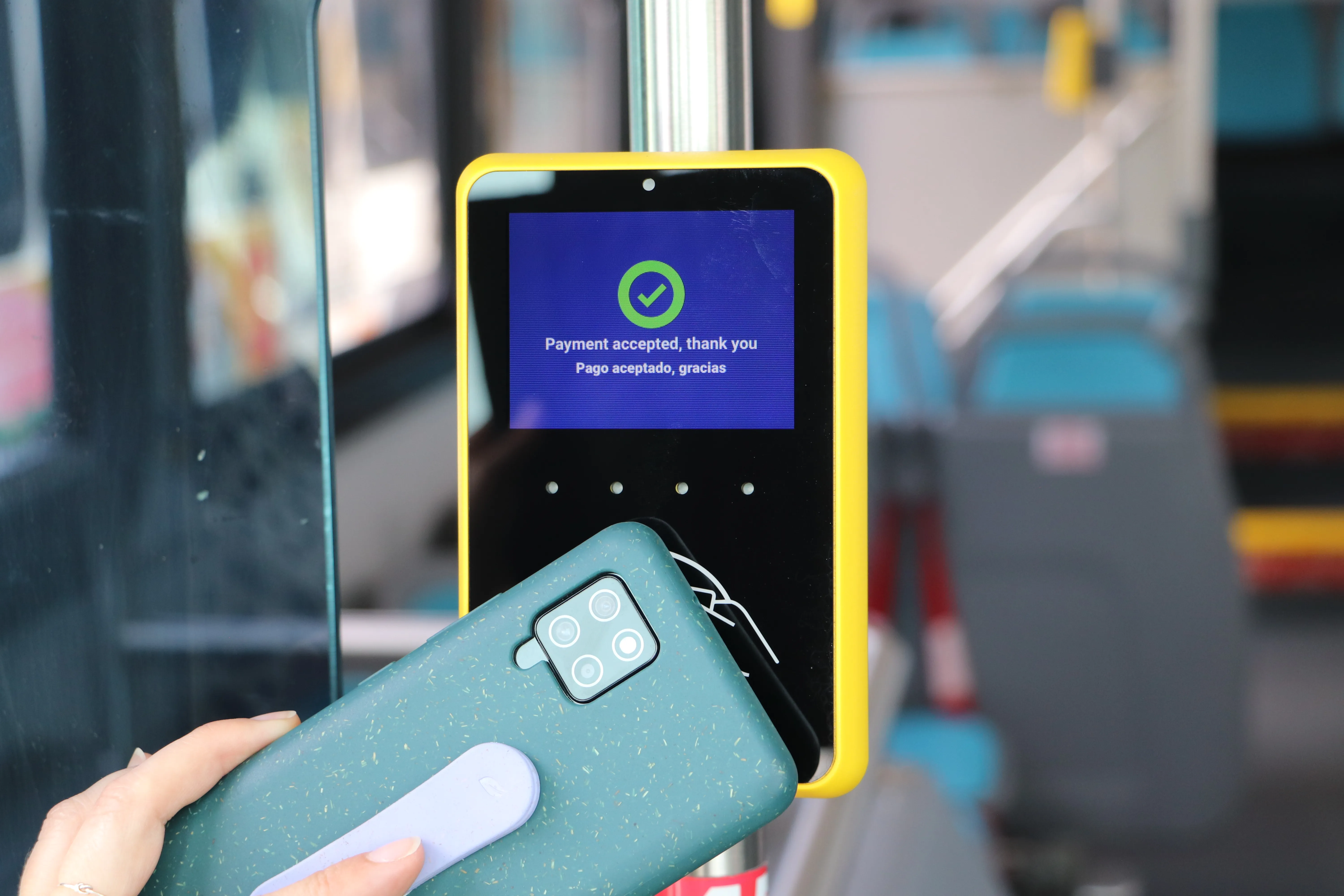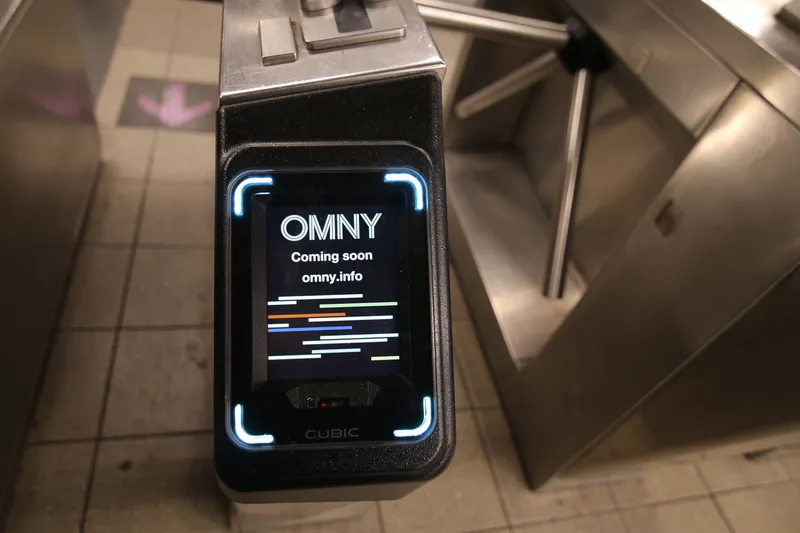Abu Dhabi’s Department of Transport (DoT) has rolled out its Hafilat contactless ticketing system which was an instant success among the 145,000 passengers who use the network each day, says
The Xerox Atlas system manages the entire Hafilat variety of paper tickets for occasional trips and travel cards for regular travellers, with fares being adjusted according to the user’s profile, while also centralising sales data and handles revenue distribution.
The equipment deployed had to meet strict specifications to cope with the local climate; Xerox vending machines are designed to withstand sandstorms and high temperatures, which can climb above 50 degrees centigrade.
Xerox engineers are also providing operational support in the DoT’s offices, including data reporting, support for the information systems and remote supervision of the equipment, with the aim of gradually transferring know-how to the operator’s staff.
Abu Dhabi transitions to contactless ticketing
Abu Dhabi’s Department of Transport (DoT) has rolled out its Hafilat contactless ticketing system which was an instant success among the 145,000 passengers who use the network each day, says Xerox, which installed the system. The Xerox Atlas system manages the entire Hafilat variety of paper tickets for occasional trips and travel cards for regular travellers, with fares being adjusted according to the user’s profile, while also centralising sales data and handles revenue distribution.
September 1, 2015
Read time: 1 min










